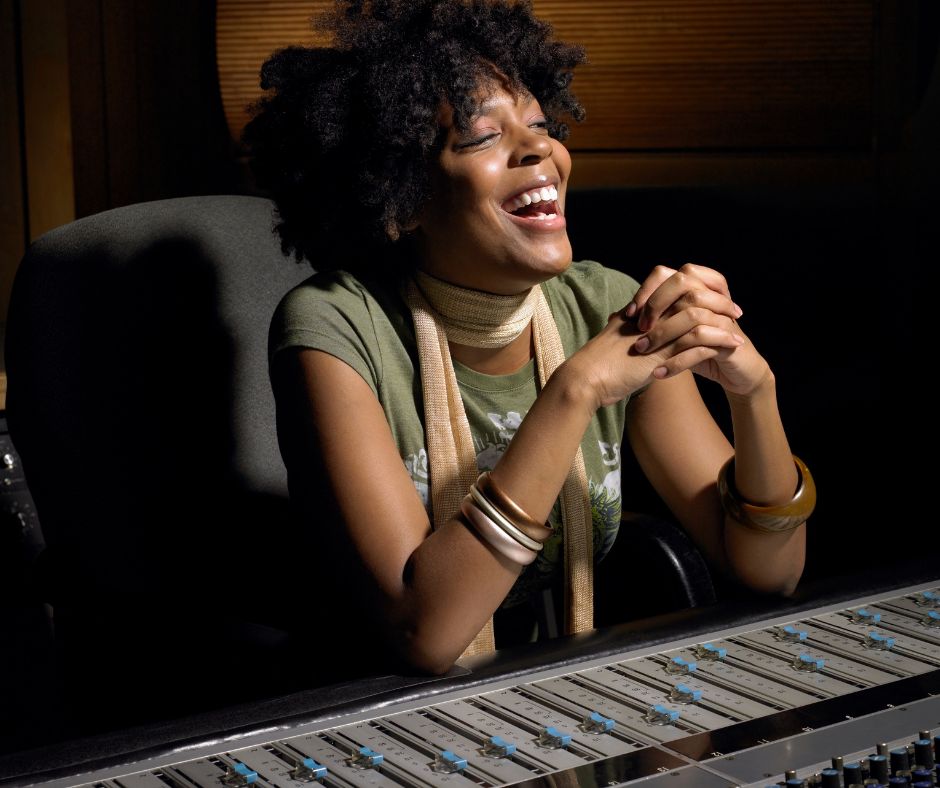As a music creator, navigating the complex world of music licensing can be overwhelming. One key aspect that often raises questions is the master license. In this blog post, we’ll break down the concept of a master license in simple terms, helping you understand its significance in the music industry.
What is a Master License?
A master license is a permission granted by the copyright owner of a pre-recorded song, allowing others to use that specific recording. It’s crucial to note that the master rights holder is typically the individual or entity that owns the original recording, not necessarily the songwriter or composer.
How is it Similar to Sync Licenses?
If you’re familiar with sync licenses, you’ll find that master licenses share some similarities. Both licenses grant permission to use music in various contexts, but they differ in terms of what they cover. While a sync license focuses on the use of music in synchronization with visual media (such as movies, TV shows, or commercials), a master license specifically pertains to the use of the actual recording of the song.
The Connection between Master and Sync Licenses:
In many cases, master licenses and sync licenses go hand in hand. When your music is selected for use in a film, TV show, or commercial, the producer or filmmaker needs both the right to use the composition (covered by a sync license) and the right to use the specific recording of the song (covered by a master license). These two licenses work together to ensure comprehensive permission for the use of your music in audio-visual projects.
Why Master Licenses Matter:
Understanding the significance of master licenses is crucial for music creators. It not only allows you to control how your original recordings are used but also provides an additional revenue stream. When your music is licensed for various purposes, you, as the master rights holder, are entitled to compensation.
Key Takeaways for Music Creators:
- Master License Focus: Unlike sync licenses that deal with the use of music in synchronization with visual media, master licenses pertain specifically to the use of the pre-recorded version of a song.
- Coupled Licensing: In many cases, master licenses and sync licenses are bundled together when your music is licensed for audio-visual projects, ensuring comprehensive coverage for both the composition and the recording.
- Revenue Stream: Securing master licenses not only gives you control over the use of your recordings but also opens up opportunities for additional income through licensing fees.
As a music creator, understanding the nuances of master licenses empowers you to make informed decisions about how your music is used and monetized. By grasping the importance of master licenses, you can navigate the music licensing landscape with confidence, ensuring that your creative work is not only protected but also properly compensated in various audio-visual projects. Ready to level up your career and learn more? Schedule a Free Music Biz Assessment today!

